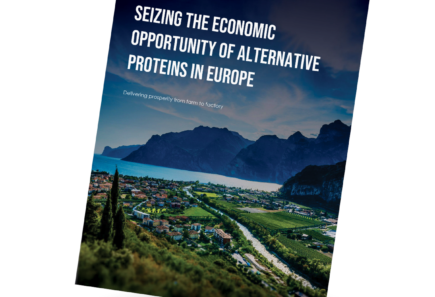
Research finds alternative proteins could boost EU economy by €111 billion by 2040
Elena WaldenAlternative proteins could add €111 billion a year to the EU’s economy by 2040 if treated as a strategic priority, new research shows.

Alternative proteins could add €111 billion a year to the EU’s economy by 2040 if treated as a strategic priority, new research shows.
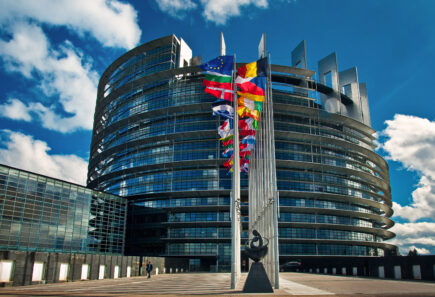
Nonprofit think tank the Good Food Institute Europe (GFI Europe) has welcomed plans in today’s Biotech Act to expand the advice regulators provide to innovators bringing new foods to market. But it has described plans to exclude Novel Foods from regulatory sandboxes as a 'missed opportunity'.

Plans abandoned five years ago have resurfaced in Brussels, with a messy series of proposals to ban the use of everyday language to describe plant-based meat.

In the world at large and for alternative proteins, 2025 has been a year of turbulence. Beneath the surface, however, the European alternative protein ecosystem has continued to mature.

The EU’s new Bioeconomy Strategy has outlined plans that will support fermentation innovators in scaling up production and bringing food products to market.

Spain demonstrates the cost of climate inaction – and the urgent need for Europe to invest in protein diversification.
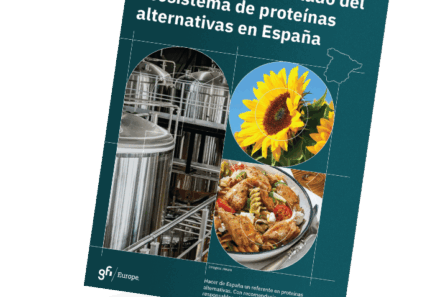
Our recent report takes an in-depth look at the achievements to date and the challenges ahead for Spain to consolidate its position as the leading hub in southern Europe in the alternative protein sector.
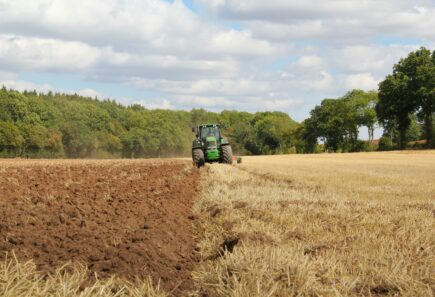
Although our supermarkets bulge with more choice than ever, this masks an uncomfortable reality – our food system is becoming increasingly volatile.
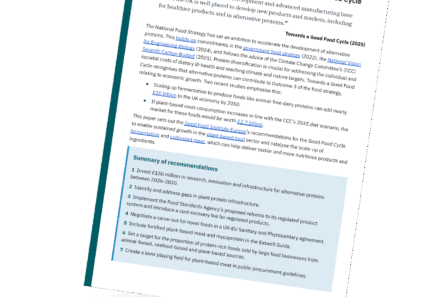
The UK Government’s new food strategy highlights alternative proteins as an economic growth opportunity that supports a more sustainable food system.

New research has estimated that, given the right support, innovative ways of producing everyday foods using fermentation could add £9.8 billion (€11.2 billion) to the UK economy.